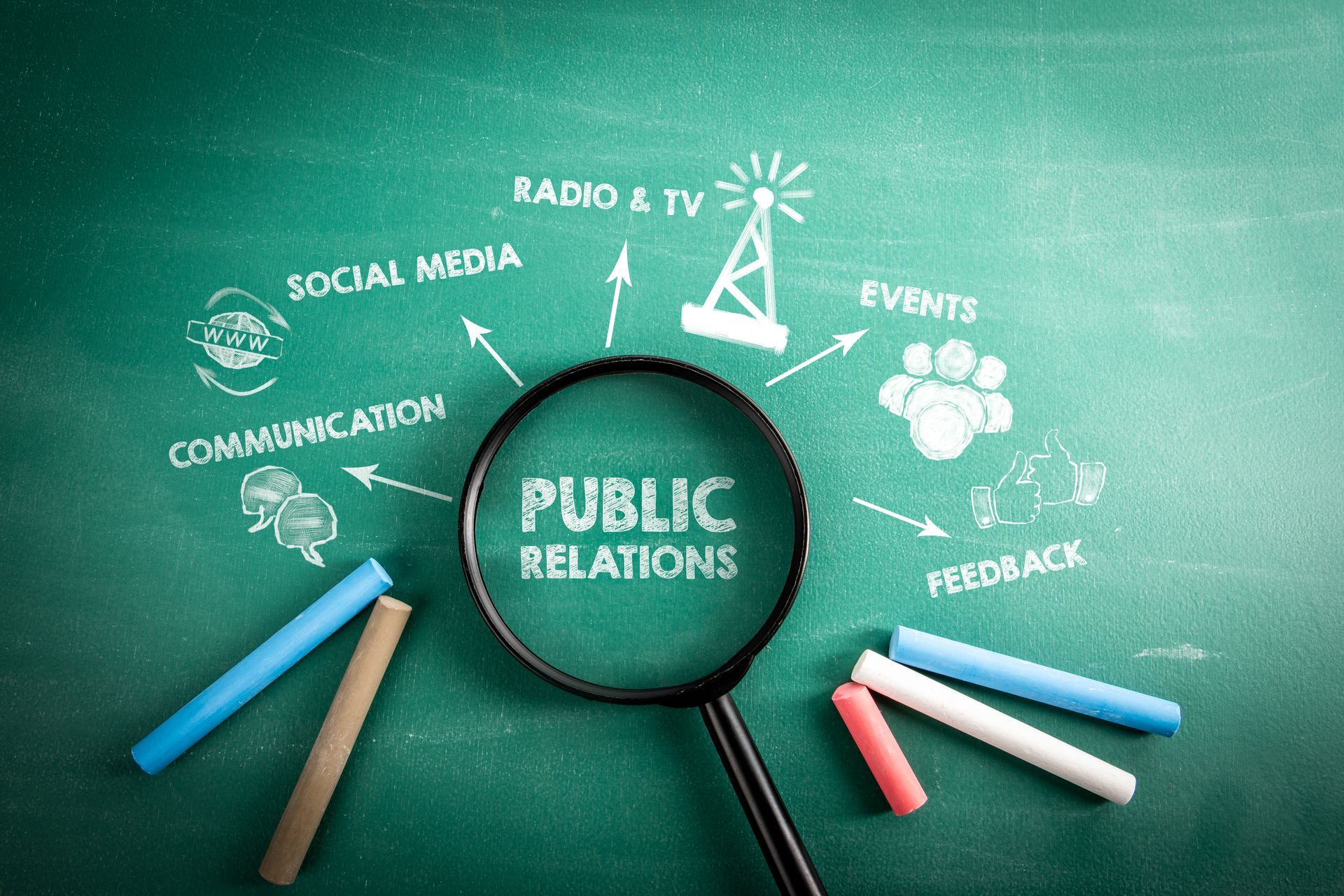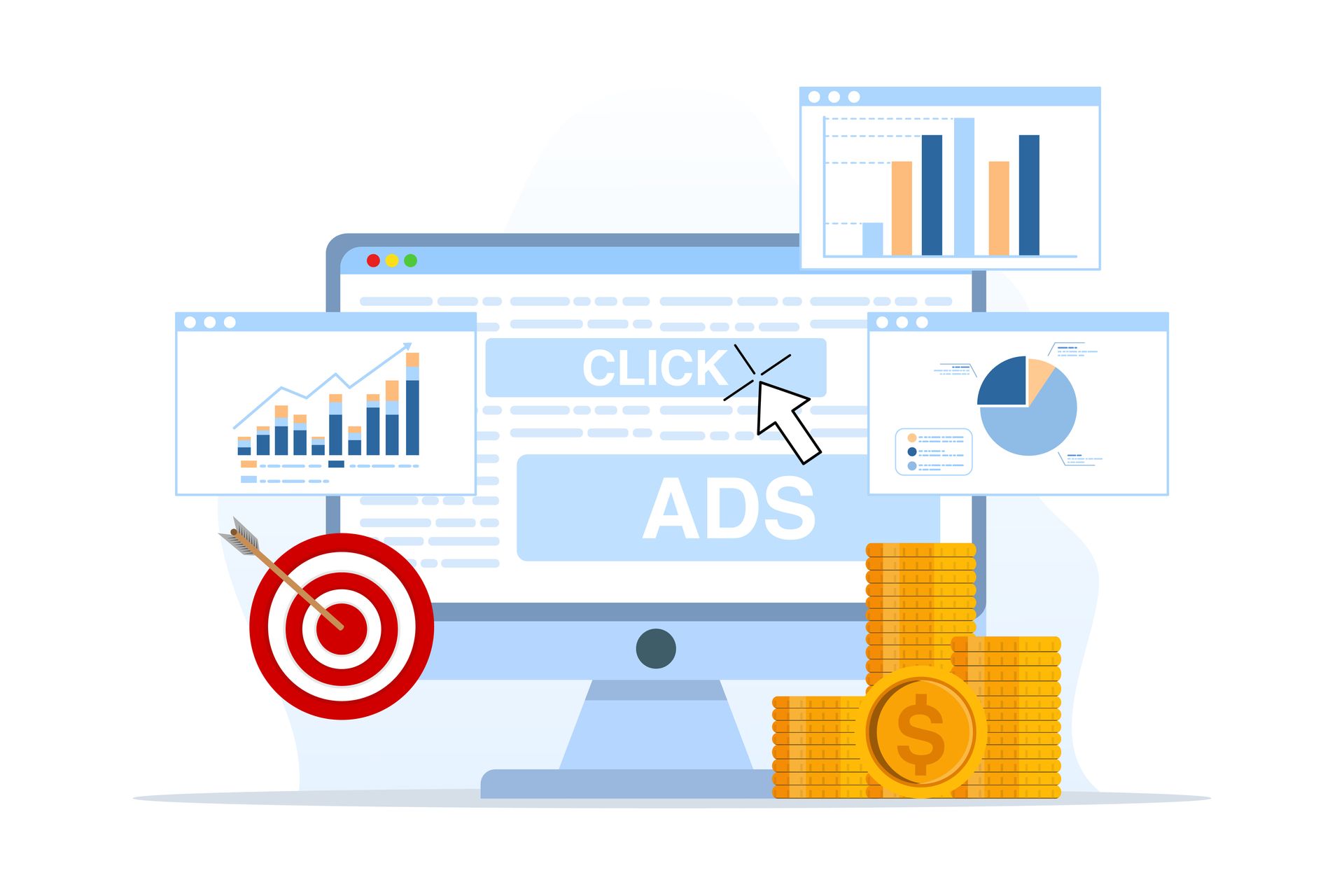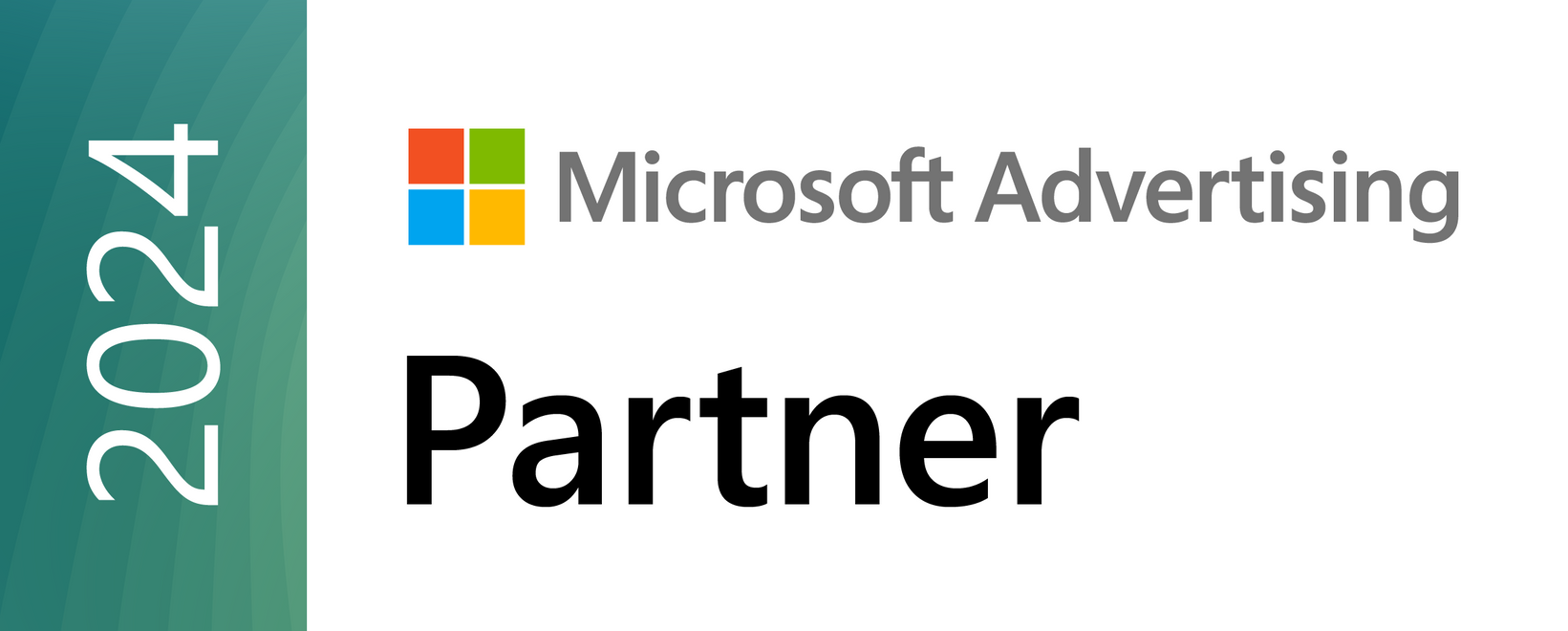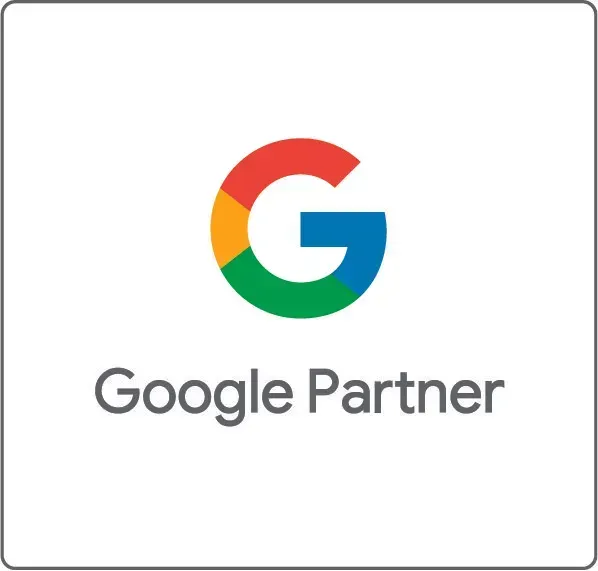Running a Successful Event Promotion Campaign on Social Media
Plus the Dos and DON’Ts of Promoting Super Bowl-Related Events
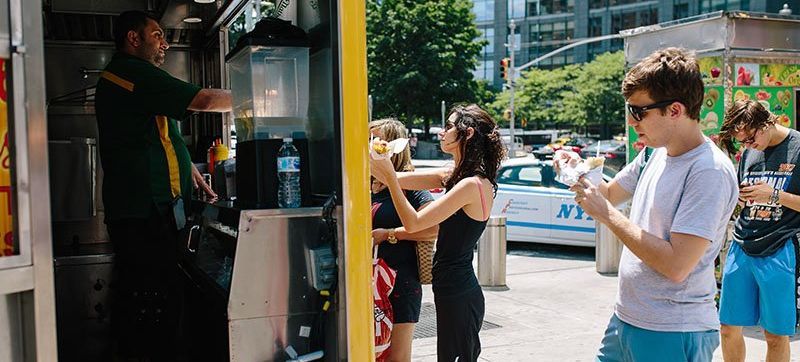
To promote a special event for restaurants or food trucks, it’s
advisable to start your advertising push 30 days before the event begins. Here
are some quick tips and tricks to get the word out about your event. Social Media Strategy
The business should create a Facebook Event on their Facebook page that
discloses the who, what, where, why and when. A thorough (and enticing
description) of the event should be included, letting the audience know what to
expect when they attend the event. Finally, the Facebook Event should have an eye-catching
photo or scroll stopping video related to the event you are promoting.
The Facebook Event can now be promoted on Facebook’s Desktop and Mobile
News Feeds for maximum exposure targeting the audience that matters most for
the event.
The Social Media Specialist or Team should consistently make updates in
the event to encourage engagement with those who indicated they are attending
the event as well as those who expressed interest in the event. This tactic
also helps build hype and excitement for the event. Social Advertising Strategy
A specific event landing page should be created and deployed for Facebook and Instagram ads. Ad copy should be exciting with a strong call to action to click through to the landing page to learn more about the event. Scroll stopping video and mouth-watering photos should be used in the Facebook and Instagram ads while targeting the same audience in the Facebook Event campaign. This strategy ensures you are consistently keeping your event top of mind for your intended audience. When the Campaigns Are Over
All your marketing efforts paid off and you had a successful event. THANK everyone that attended and share photos from the event. Maybe use this time to give them a coupon or voucher to say thank you to drive repeat business. The Big Question at This Time of Year: What About Super Bowl Events?
Restaurants, bars and other businesses should be exceedingly cautious when trying to link an event to the Super Bowl. The NFL doesn’t mess around when it comes to their brand, and is known for aggressively pursuing any business who tries to profit with “Super Bowl” themed events without their explicit go-ahead.
No business or organization is exempt from the scrutiny. One of the most frequently cited examples is a 2007 incident where an Indiana church group was served a cease and desist
for advertising for a Super Bowl party, which they were planning on charging admission for.

Terms, Names and Brands You Explicitly Can’t Use
for Advertising Events, Sales or Anything Else
- National Football League or NFL
- American Football Conference or AFC
- National Football Conference or NFC
- Team Names or Even Team Nick Names
- Any Official Logos
- Super Bowl or Super Sunday
However, You Can Still Use:
- The names of the cities the teams are from (they can’t copyright city names)
- The date of the game
- Variations of “the Pro Football Championship Game” or “the Big Game” or “Game Day”
If you’re a bar you can still try filling stools by encouraging your twitter followers to join you for the “Big Game This February 3rd”. If you’re a grocery store you can suggest people stock up on beer and chips for “Game Day Next Sunday” in your weekly mailer (as long as you don’t use any logos or problematic acronyms). Why Does the NFL Care So Much?
It fundamentally comes down to the value of official sponsorship. Even though ratings have seen a significant drop in recent years, sponsorship revenue for the league has continued to increase. The 2017-2018 season garnered the NFL $1.32 billion in sponsorship money, a 5.9 percent increase from the previous season.
For example, Anheuser-Busch InBev signed a six-year sponsorship deal to the tune of $1.5 billion. That deal ensures Bud Light will continue to be the official beer of the NFL through 2022, and essentially nets the league approximately $250 million a year.
However, sponsorship wouldn’t be valued that highly if every company or group could use the NFL’s trademarks willy-nilly. Why pay for something you can use for free?
So, although it may seem unfair for the NFL to go after small businesses and church groups so aggressively, there is a definite rationale for ensuring only paying sponsors get the “official” Super Bowl bump.
How Do News Organizations or Bloggers Get Away With Using the NFL’s Trademarked Terms?
News organizations or media outlets can talk about the Super Bowl because fair use trademark laws exempt informational and descriptive use in most cases. If you’re not trying to sell anything or profit from NFL’s brand and simply trying to inform or educate people on a newsworthy event, you’ll probably be in the clear. That doesn’t stop many companies from using an abundance of caution and avoiding the term entirely.
Stephen Colbert famously poked fun at this phenomenon with his “Superb Owl” coverage in 2014. Technically, Colbert should have had no issue using the term due to fair use law, but then that would kind of defeat the purpose of his bit.
Of course, if you’re worried about whether your use of “The Big Game” or any variations of it to promote an event or sale will paint a target on your business, you should probably contact an intellectual property attorney (which we definitely aren’t.)

